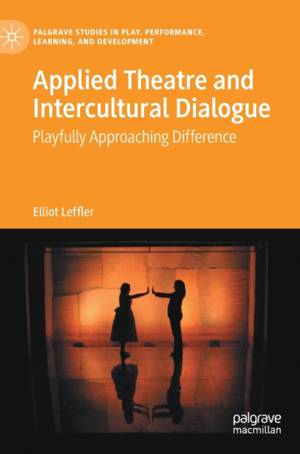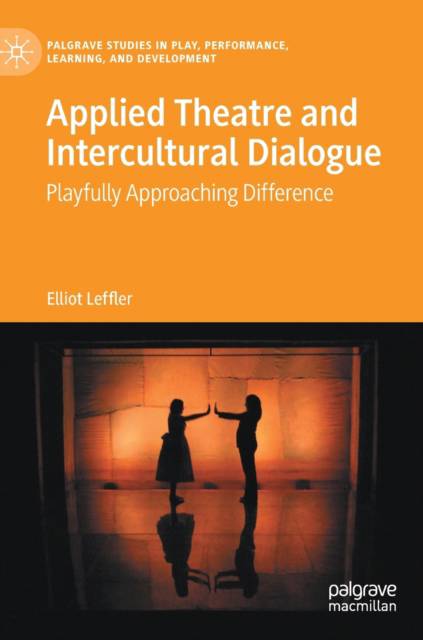
- Retrait gratuit dans votre magasin Club
- 7.000.000 titres dans notre catalogue
- Payer en toute sécurité
- Toujours un magasin près de chez vous
- Retrait gratuit dans votre magasin Club
- 7.000.0000 titres dans notre catalogue
- Payer en toute sécurité
- Toujours un magasin près de chez vous
126,95 €
+ 253 points
Format
Description
This book examines applied theatre projects that bring together diverse groups and foster intercultural dialogue. Based on five case studies and informed by play theory, it argues that the playful elements of theatre processes nurture a unique intimacy among diverse people. However, this playful quality can also dampen explicit conversations about participants' cultural differences, and defer an interrogation of people's own entrenchment in systemic power imbalances. As a result, addressing these differences and imbalances in applied theatre contexts may require particular strategies.
Spécifications
Parties prenantes
- Auteur(s) :
- Editeur:
Contenu
- Nombre de pages :
- 205
- Langue:
- Anglais
- Collection :
Caractéristiques
- EAN:
- 9783030985141
- Date de parution :
- 19-11-22
- Format:
- Livre relié
- Format numérique:
- Genaaid
- Dimensions :
- 148 mm x 210 mm
- Poids :
- 421 g

Les avis
Nous publions uniquement les avis qui respectent les conditions requises. Consultez nos conditions pour les avis.






